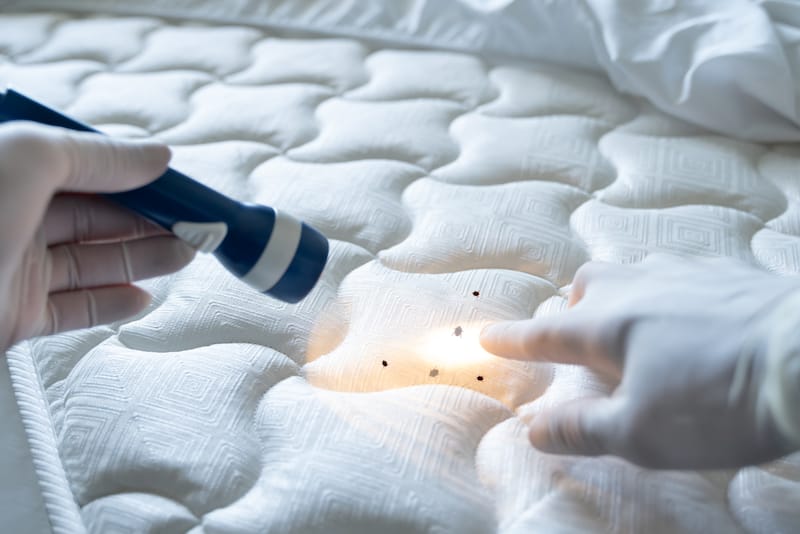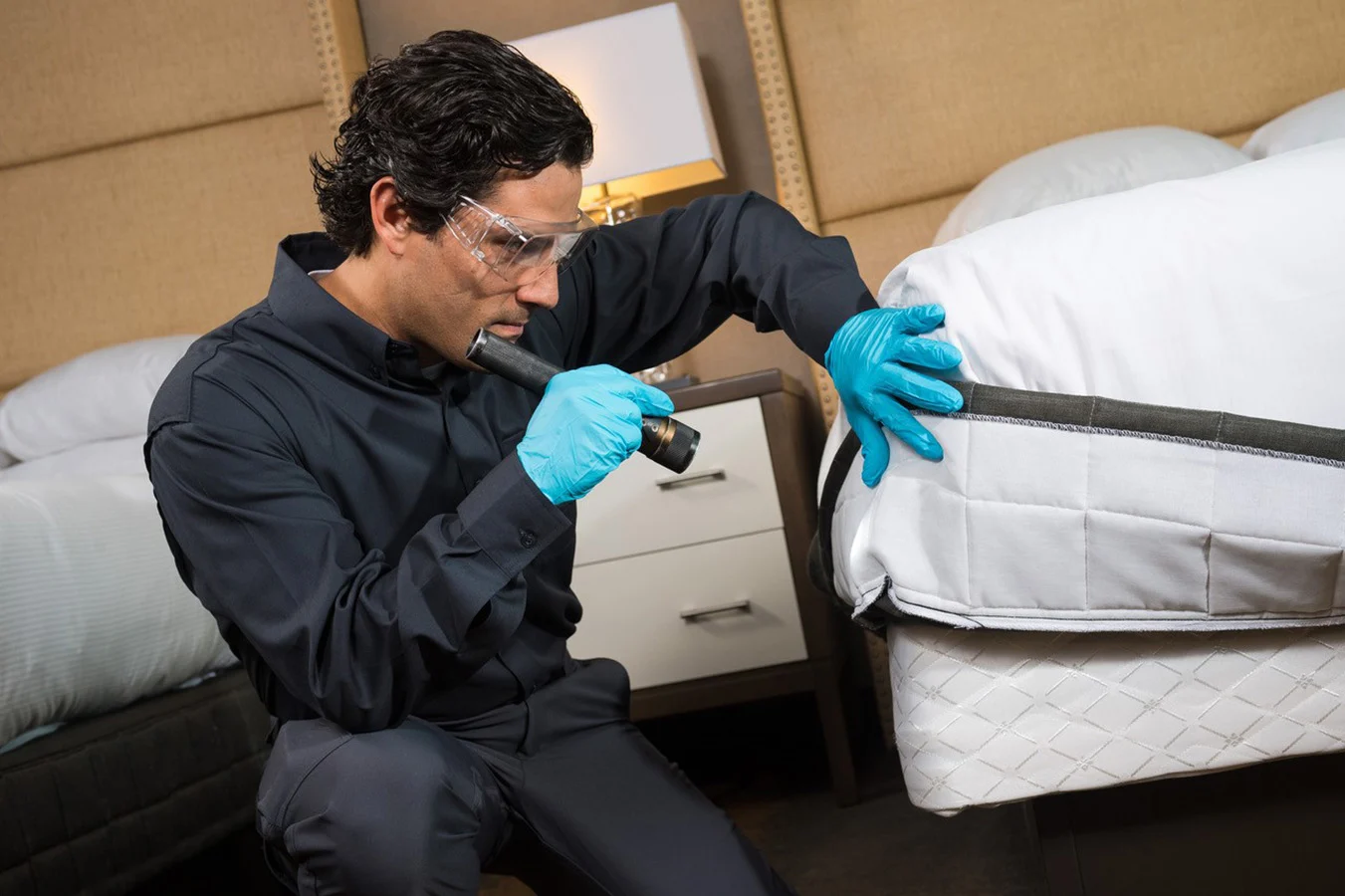In the complex realm of hospitality, ensuring food safety is a fundamental duty of hotel management. Yet, have you considered the vital importance of pest monitoring in upholding these standards? The presence of pests is far from just an inconvenience; it poses a direct threat to both guest well-being and the establishment's reputation. This article explores the role of pest monitoring in the hotel sector, its effect on food safety, and how it ultimately leads to a more secure and pleasurable experience for hotel guests.

The Significance of Pest Monitoring
Pest monitoring transcends merely placing traps and occasionally using pesticides. It requires a systematic approach to detect, control, and prevent pest infestations before they become serious issues. By employing a comprehensive pest management plan, hotels can create a sanitary environment focused on guest health.
As highlighted in a revealing piece on hospitality pest control, effective pest monitoring enables the identification of potential entry points and breeding grounds for pests, empowering hotel staff to take proactive actions. This foresight is essential for maintaining the quality of food served, thus enhancing guests' dining experiences.
Linking Pest Monitoring to Food Safety
In hotels, the importance of food safety cannot be overstated. Pests such as rodents, insects, and cockroaches can lead to food contamination and create significant health hazards. Pest monitoring serves as a vital first line of defense in recognizing and addressing these dangers.
By closely monitoring for signs of pest activity, hotels can prevent the spread of harmful bacteria and pathogens, thereby averting foodborne illnesses and ensuring adherence to health regulationsan essential component of hotel management.
Strategies for Effective Pest Monitoring
A thorough pest monitoring strategy consists of several crucial elements. First, routine inspections are vital. These should be carried out by trained professionals capable of spotting signs of pest activity that might go unnoticed by the average person.
Additionally, leveraging advanced technologies like smart traps and sensor systems can significantly improve the accuracy and efficiency of pest monitoring. Such technology provides real-time data, enabling hotel management to respond promptly to any pest threats. For detailed insights on pest control technology, you can consult this insightful article.
Empowering Staff Through Training
Employee training is another essential part of effective pest monitoring. Staff should be educated on recognizing early signs of infestations and understanding the significance of cleanliness and hygiene. Cultivating a vigilant culture in hotels can greatly lessen the likelihood of pest-related problems.
Successful Case Studies: Pest Monitoring in Action
Numerous hotels have benefited from strong pest monitoring programs. For example, a renowned hotel chain adopted an Integrated Pest Management (IPM) strategy that led to a 30% decrease in pest-related complaints within one year. This preventive approach, which you can learn more about here, emphasizes prevention and employs environmentally friendly methods to control pest populations.
Enhancing the Guest Experience and Hotel Image
In the end, robust pest monitoring not only preserves food safety but also elevates the overall guest experience. Guests are more inclined to return to hotels that uphold rigorous cleanliness and hygiene standards. Moreover, a commitment to maintaining a pest-free environment can significantly enhance a hotel's reputation.
In summary, pest monitoring is a vital aspect of food safety in hotels. By taking a proactive stance and utilizing innovative technologies, hotel management can ensure guest safety, comply with health regulations, and strengthen their position in the competitive hospitality industry.

Frequently Asked Questions
Why is pest monitoring essential for hotels?
Pest monitoring is crucial for hotels because it helps prevent infestations that can result in food contamination and health risks for guests.
What technologies are utilized in pest monitoring?
Technologies like smart traps and sensors are implemented in pest monitoring to supply real-time data and enhance responsiveness to pest threats.
How does pest monitoring contribute to guest satisfaction?
By ensuring a pest-free atmosphere, hotels can improve guest satisfaction by providing a clean and safe dining and accommodation experience.
